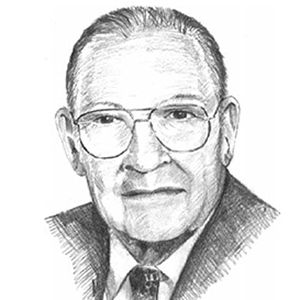
Eleven chapters were presented with the Howard R. Alter, Jr., Award for Chapter Excellence at Theta Chis recently concluded National Convention in Palm Springs, CA. The Alter Award is Theta Chi Fraternitys top chapter honor.
Consideration for the Alter Award is by application only. A committee of former and current Leadership and Education Consultants reviews the applications annually and selects each years winners.
This year, the committee identified 11 chapters that qualified for the Alter Award:
- Phi Chapter/North Dakota State University; Fargo, ND
- Beta Kappa Chapter/Hamline University; Minneapolis, MN
- Beta Nu Chapter/Case Western Reserve University; Cleveland, OH
- Gamma Rho Chapter/Florida State University; Tallahassee, FL
- Gamma Phi Chapter/Nebraska Wesleyan University; Lincoln, NE
- Epsilon Kappa Chapter/University of Idaho; Moscow, ID
- Zeta Beta Chapter/Adrian College; Adrian, MI
- Zeta Lambda Chapter/Westminster College; New Wilmington, PA
- Zeta Tau Chapter/University of Michigan-Flint; Flint, MI
- Iota Beta Chapter/Missouri State University; Springfield, MO
- Iota Lambda Chapter/Longwood University; Farmville, VA
The Alter Award was first presented in 1986 in honor of Howard R. Alter, Jr., who had served as Theta Chis National President from 1962-1966, Executive Director from 1968-1984, and in many other volunteer and leadership roles throughout the course of his lifetime. Brother Alter was a celebrated figure in Theta Chi who mentored and guided an entire generation of Fraternity leaders, traveling consultants and interfraternal partners.
He is the 1964 recipient of Theta Chis highest honor, the Distinguished Service Award, and in 1993 was presented with the NIC Gold Medal by the North-American Interfraternity Conference. The Gold Medal is the interfraternal worlds most prestigious honor.
Today, the Alter Award is presented annually to those chapters that demonstrate excellence in the areas of scholarship, recruitment, new member and member education, community service and philanthropy, alumni programming, chapter financial management, the Ritual, chapter operations, internal cooperation, campus involvement, risk management practices, and social programming. In short, these chapters demonstrate an ability to consistently exceed expectations in all areas.



